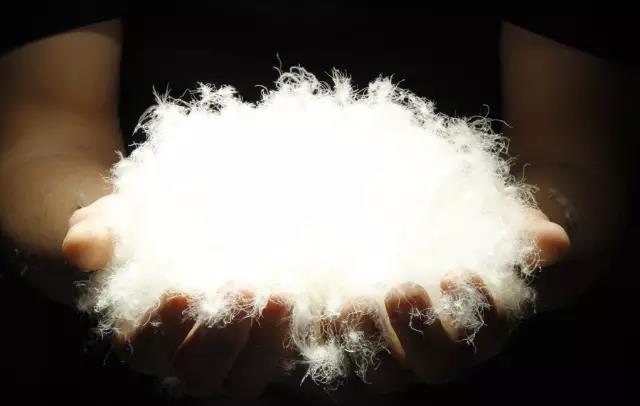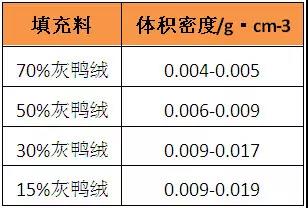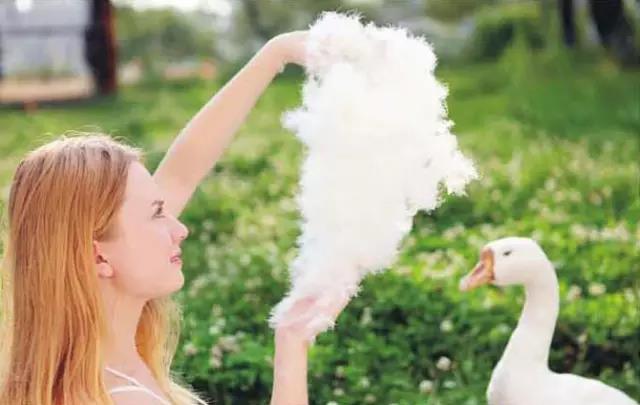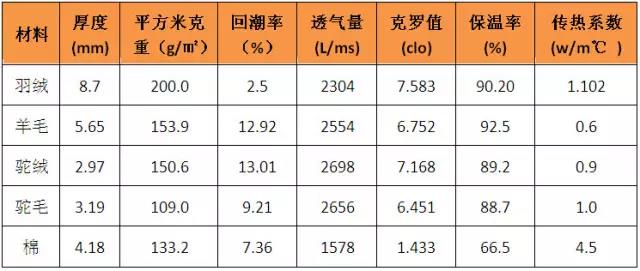Down, the best insulation material in the world

The warmth retention performance of feather down starts with the way of heat transfer. Generally speaking, heat is mainly transferred through conduction, convection and radiation. In the cold season, the body's heat is also radiated to the surrounding colder space through these three methods. But in the case of wearing clothes or covering the quilt, the heat dissipation is mainly conduction. This requires low thermal conductivity of thermal insulation materials. Feather down has the characteristics of low thermal conductivity.
The bulk density table of gray duck down filler

High-quality down has a higher bulkiness, which is unmatched by any other warm material. The more fluffy the warming material, the larger the gaps between the fibers of the material and the more stagnant air it contains. Air is a poor conductor of heat, which can prevent heat from being conducted to the surroundings. Therefore, the higher the bulkiness, the better the warmth retention performance. If the difference in thermal conductivity between fabric fibers is not considered (in fact, the difference is very small), compared with ordinary fabrics of the same thickness, the thermal conductivity of down products is 20-50% lower, that is, the warmth retention is 1-4 times higher. The higher the density of the product filler, the greater the thermal conductivity and the greater the heat loss. Down with high down content has a higher bulkiness, so that its product has a lower density under the same thickness, so it has higher warmth retention. Therefore, the use of down with a higher down content can appropriately reduce the weight of the filler, which can not only obtain the same warmth retention, but also reduce the weight of the product. This is the reason why down products have the characteristics of "light, soft and warm".

Comparison of down and other warm materials

It can be seen that among the natural thermal insulation materials, down is the best thermal insulation material, followed by camel hair, and then wool, camel hair and cotton.

 中文
中文 English
English